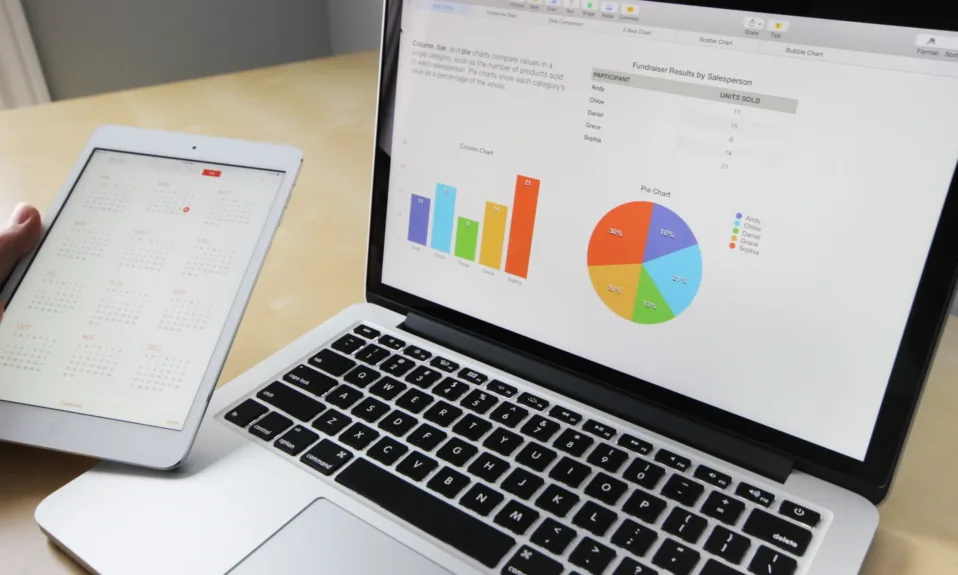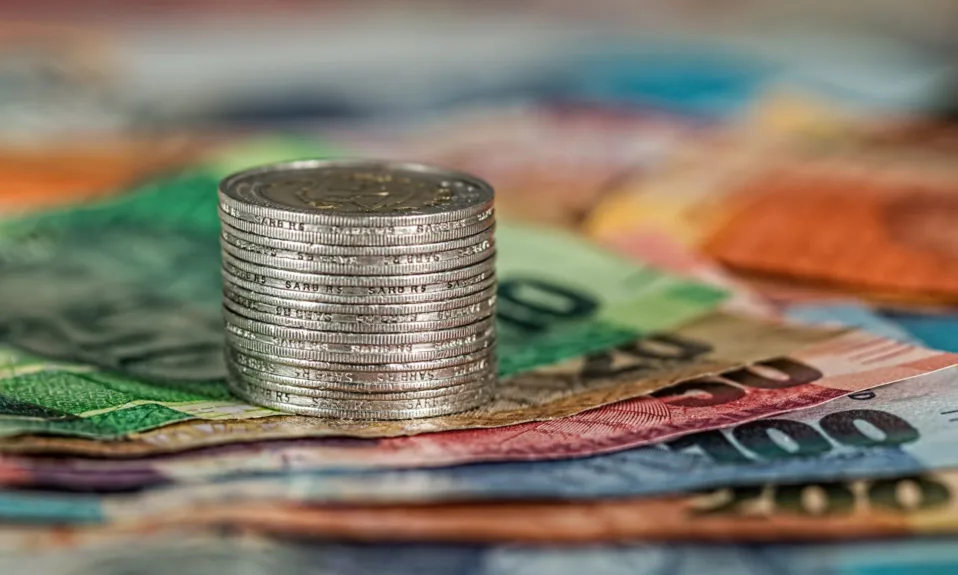Financial freedom is a goal that many people strive for, but few are able to achieve. It can be a daunting task, but it is possible with patience, discipline, and a long-term strategy. In this article, we will explore the steps you can take to achieve financial freedom over time.
Create a budget
The first step towards achieving financial freedom is creating a budget. This will help you understand where your money is going and identify areas where you can cut back. Start by listing all of your monthly expenses and income. Categorize your expenses and prioritize them according to their importance. Make sure to set aside a portion of your income for savings and investments.
To stick to your budget, you may need to make some sacrifices. It can be difficult to cut back on expenses, but it is necessary to achieve financial freedom. Look for ways to reduce your bills, such as negotiating with service providers or switching to a cheaper plan.
Reduce debt
Debt can be a major obstacle to achieving financial freedom. Start by identifying all of your debts and their interest rates. Focus on paying off high-interest debts first, such as credit card debt. Consider consolidating your debts into a single loan with a lower interest rate. Make sure to make at least the minimum payment on all debts to avoid penalties.
Save regularly
Saving regularly is key to achieving financial freedom. Start by setting up a savings account specifically for your emergency fund. Aim to save at least three to six months’ worth of living expenses. Once you have built up your emergency fund, consider opening additional savings accounts for your other financial goals, such as a down payment on a house or a vacation.
There are many strategies for saving, such as setting up automatic transfers from your checking account or cutting back on unnecessary expenses. Look for ways to reduce your expenses without sacrificing your quality of life.
Invest for the future
Investing is an important part of achieving financial freedom. There are many types of investments, such as stocks, bonds, and mutual funds. It is important to understand the risks and rewards of each type of investment before making a decision. Consider working with a financial advisor to create a personalized investment strategy.
Start by setting aside a portion of your income for investments. Look for opportunities to invest in low-cost index funds or mutual funds with a good track record. Avoid investing in individual stocks unless you have experience and knowledge in that area. Remember that investing is a long-term strategy and requires patience and discipline.
Earn more money
Increasing your income can help you achieve financial freedom faster. Look for opportunities to earn more money, such as taking on a side job or freelancing. Consider investing in your education or skills to increase your earning potential. Look for ways to negotiate a higher salary or benefits at your current job.
Practice self-discipline
Self-discipline is essential to achieving financial freedom. It requires making smart financial decisions and resisting the temptation to overspend. Develop habits that support your financial goals, such as avoiding impulse purchases and sticking to your budget. Make sure to celebrate small successes along the way to stay motivated.
Monitor progress
Monitoring your progress is important to stay on track towards achieving financial freedom. Set specific goals and track your progress towards them. Review your budget, debt, savings, and investments regularly to make adjustments as necessary. Consider working with a financial advisor or using financial management tools to help you stay on track.
Conclusion
Achieving financial freedom takes time, patience, and discipline. By creating a budget, reducing debt, saving regularly, investing for the future, earning more money, practicing self-discipline, and monitoring your progress, you can take the steps necessary to achieve your financial goals. Remember to stay focused and motivated, and celebrate your successes along the way.
FAQs
How long does it take to achieve financial freedom?
The amount of time it takes to achieve financial freedom varies depending on individual circumstances. It can take years or even decades to achieve financial freedom, but the key is to stay committed to your goals and take consistent steps towards achieving them.
Is it necessary to completely eliminate all debt before focusing on savings and investments?
It is not necessary to completely eliminate all debt before focusing on savings and investments. However, it is important to prioritize paying off high-interest debt first and make sure to make at least the minimum payment on all debts to avoid penalties.
How much should I save each month?
The amount you should save each month depends on your individual financial goals and circumstances. Aim to save at least 20% of your income, including both your emergency fund and long-term savings goals.
Should I invest in individual stocks or mutual funds?
Unless you have experience and knowledge in investing in individual stocks, it is generally recommended to invest in mutual funds or index funds. These are lower-risk investments that offer diversification and long-term growth potential.
How do I know if I am making progress towards financial freedom?
You can track your progress towards financial freedom by setting specific goals and regularly reviewing your budget, debt, savings, and investments. Consider working with a financial advisor or using financial management tools to help you stay on track.





